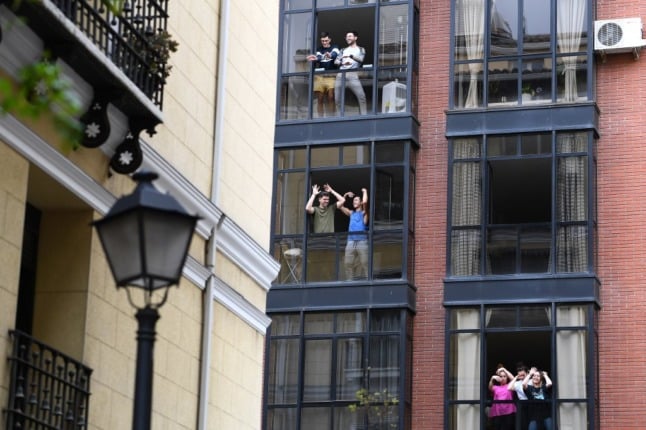Spanish PM Pedro Sánchez made the announcement during an Urban Affairs Forum in the southern city of Seville, referring to it as a “special plan” aimed at ensuring the emancipation of young people in the country.
“We’re going to create a youth housing benefit of €250 per month for the next two years which will benefit young people between 18 and 35 years old with incomes below €23,725,” Sánchez stated, meaning that these tenants will be able to claim a maximum of €6,000 in total.
The most vulnerable families will receive extra state aid to cover “up to 40 percent” of their monthly rent.
The income limit of €23,725 gross earnings a year amounts to wages of around €1,500 net a month.
According to a September survey by Spanish property engine Fotocasa, 62 percent of under 35s in Spain face financial obstacles when buying or renting a property.
“We’re going to allocate a public policy specifically to reduce the age of emancipation which is so unbearably high in our country, so that young people can have access to decent rental housing,” Spain’s PM explained.
The average Spaniard leaves the nest at 29.5 years of age, the sixth latest bloomers in Europe, where the average age of emancipation is 26.2 years old.
Sánchez’s announcement comes just as the Spanish left-wing coalition government of PSOE and Unidas Podemos have agreed on Spain’s Housing Budget for 2022, although the new legislation still has to be approved by the Spanish Cabinet.
This is likely to include new measures aimed at placing price caps on rentals in Spain, based on a price index put together by Spain’s Ministry of Transport and Urban Affairs.
READ ALSO:



 Please whitelist us to continue reading.
Please whitelist us to continue reading.
Member comments